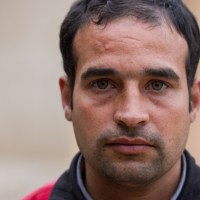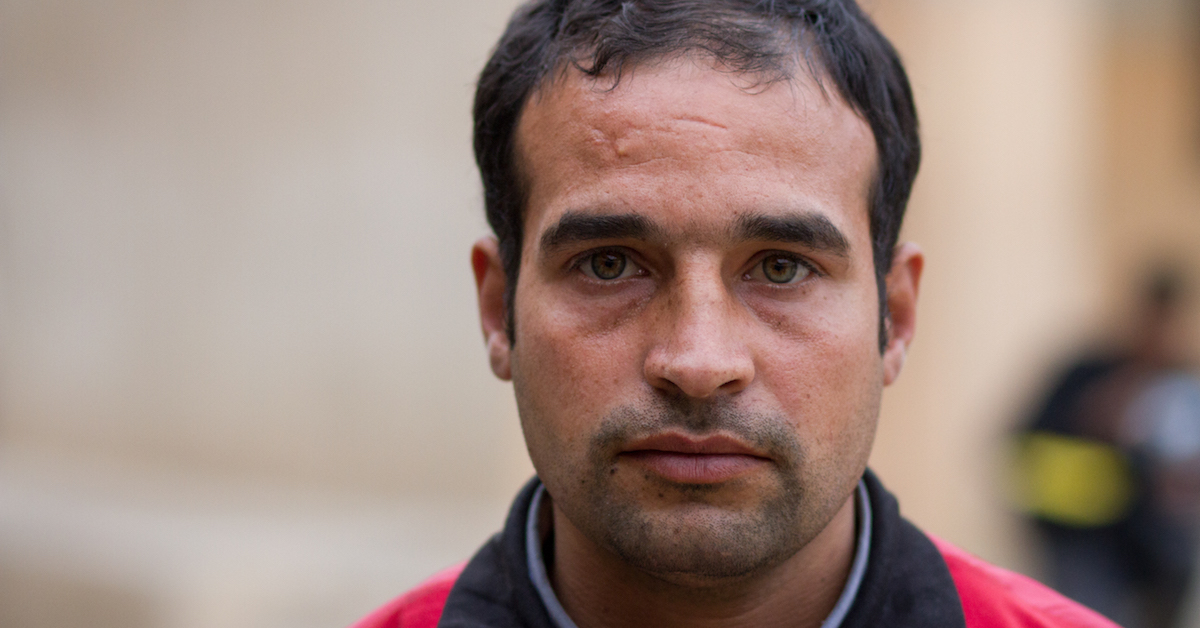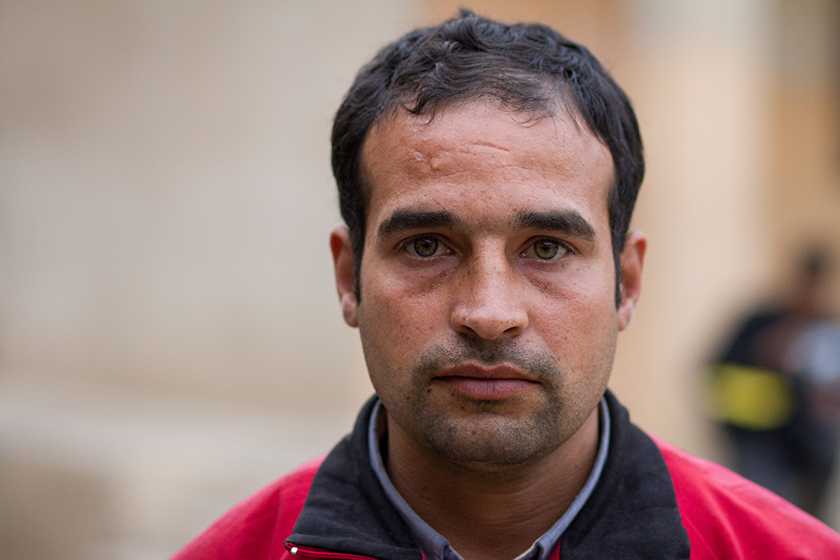
Under different circumstances, Mohammed’s son Thamer might have been a patient in our heart surgery program. Under different circumstances, the boy might have been celebrating his third birthday.
But Mohammed’s son was born in western Mosul with a congenital heart defect, just as ISIS solidified its grip on the city. ISIS doesn’t employ pediatric heart specialists, and there was no way for Mohammed to get his son out of the city.
Six months ago, Thamer was hospitalized under the care of local doctors and given a round of medicine meant to help his heart function. But in the middle of his treatment, ISIS came into the hospital and took every bit of medication in the building—including Thamer’s.
Within days, Mohammed’s two-and-a-half year-old son was dead.
Mohammad carried his boy out of the hospital in his arms, dug his grave, and buried the child himself in the cemetery.
Today, he is a man bereft. Watching your son die because the medicine he needed just wasn’t there—because it was stolen from his bedside—has a way of doing that.
Many residents died (and continue to die) in ISIS-controlled Mosul because of a lack of medicine or medical expertise, often from very simple ailments. During ISIS’ early days in the city, some doctors fled to safer regions. Some have been killed for not prioritizing sick ISIS fighters above other patients. Hospitals and clinics have been looted and bombed. Even the most basic medications can be impossible to find.
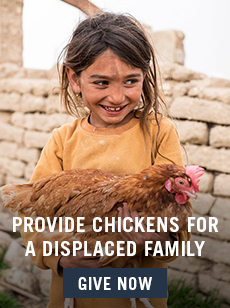
But the situation in Mosul is shifting as neighborhoods are liberated one at a time.
In eastern Mosul, freed from ISIS and beginning the slow road of rebuilding, where you already brought emergency food packs to hungry families—you are now bringing the kind of healthcare that is desperately needed.
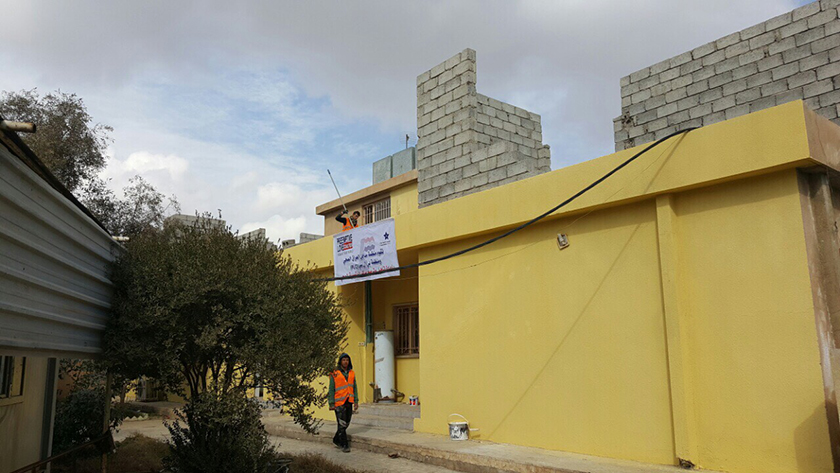
Two clinics are under renovation and will soon be open to serve Mosul residents. These clinics will have equipped emergency rooms as well as mobile delivery rooms staffed with female doctors. When new moms take their babies home, they will leave with care packs—including diapers and Sisterhood Soap.
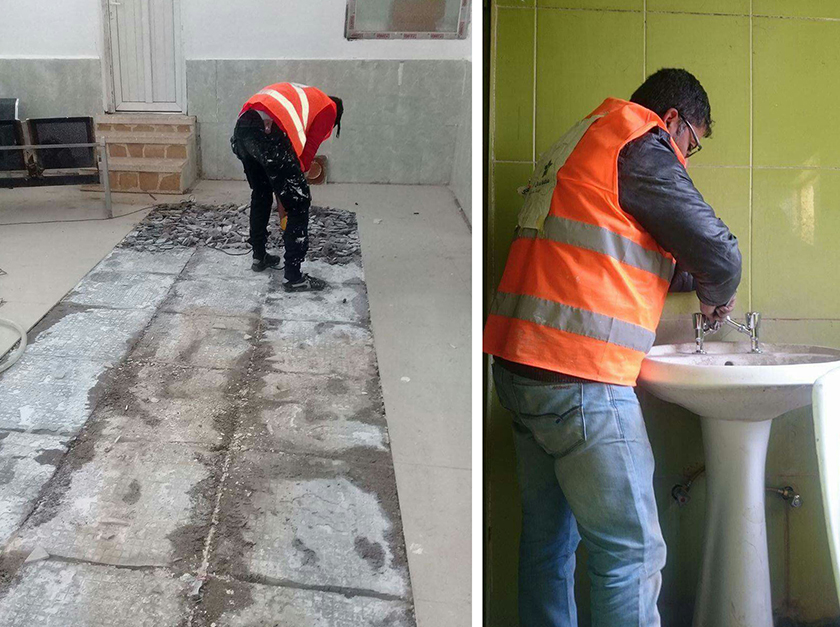
East of the Tigris river, in the heart of Mosul, you are there. You are preparing to deliver lifesaving care to families just like Mohammed’s.
Mohammed and his wife chose to give their son Thamer the name that means “fruitful” or “productive”. That fruitful life was stolen from him. In a place that has seen so much death, you are bringing life by helping children like Thamer have a chance to survive to adulthood.
Continue to bring life, hope, and medical care to families in Mosul. Become a monthly sponsor.

